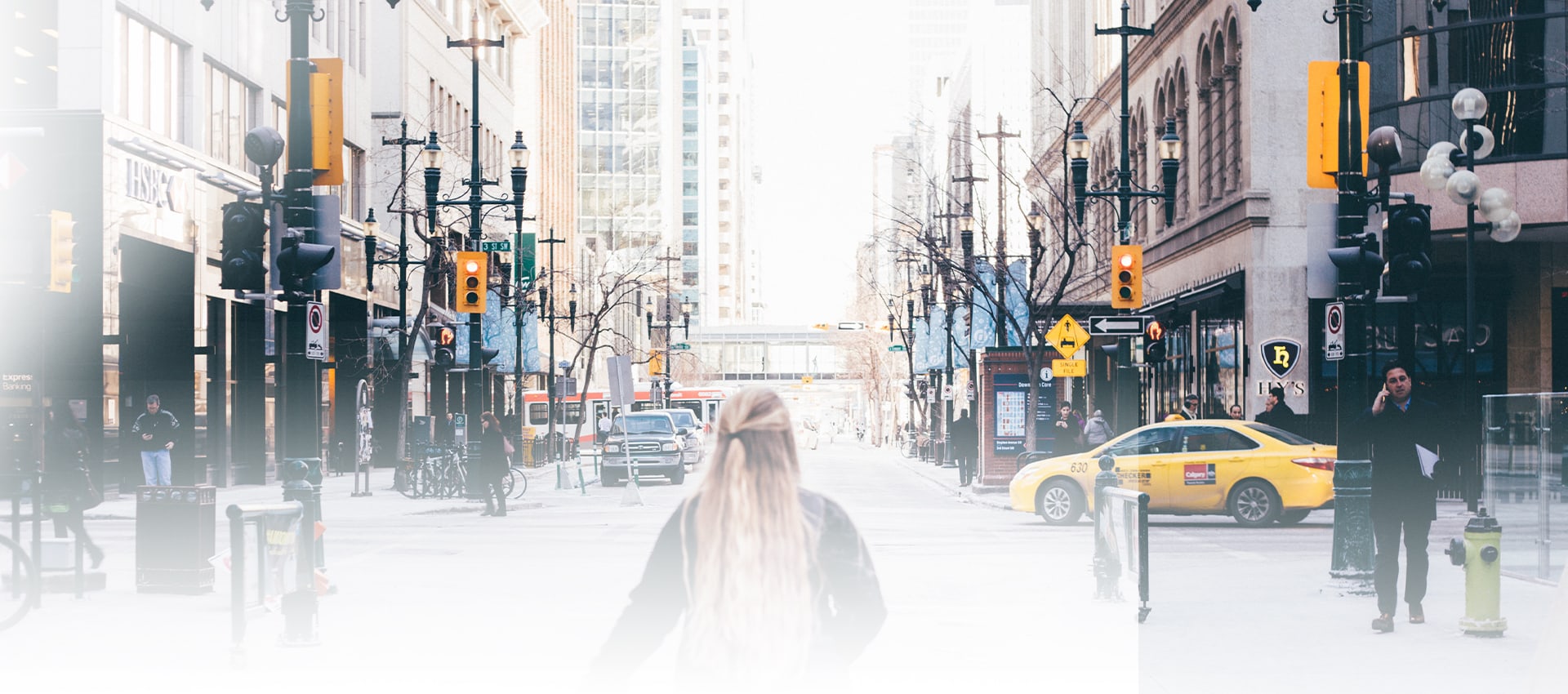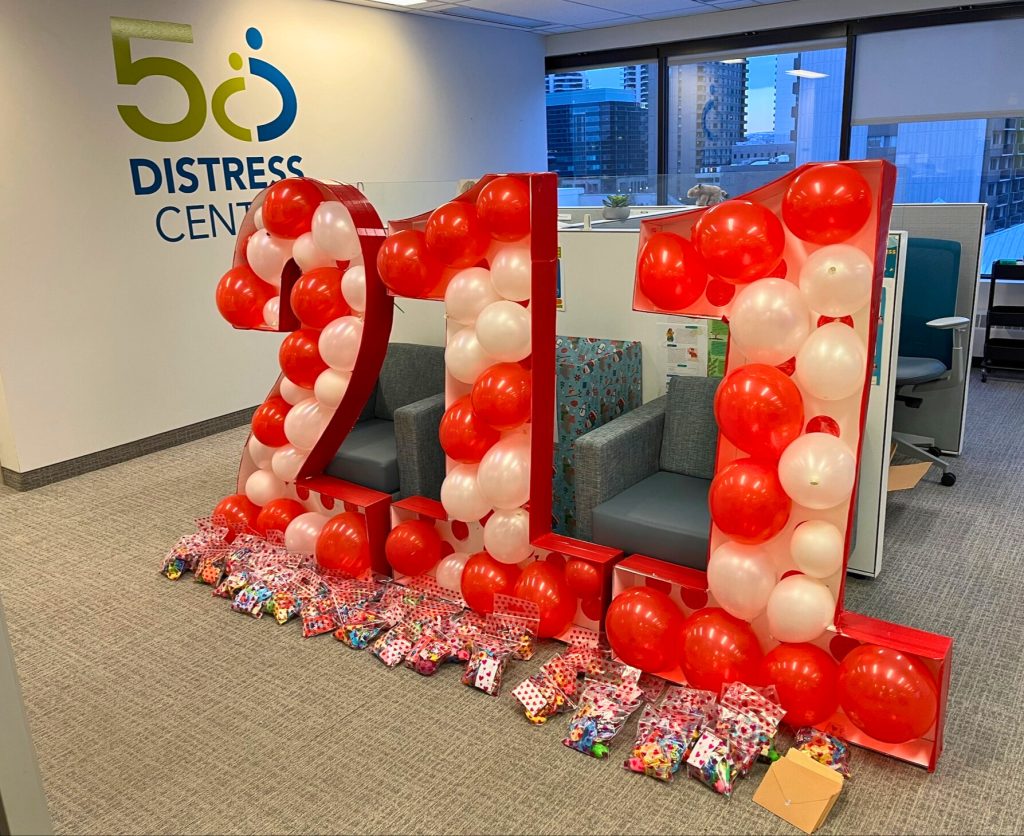211 is celebrating an exciting milestone in 2025: For 20 years, 211 has been a trusted lifeline in Calgary, helping individuals and families connect to essential resources with confidence.
In two decades of service in Calgary, 211 has responded to over 790,000 calls, chats, and texts.
Today, 211 Calgary is part of 211 Alberta, a partnership between Distress Centre Calgary, Canadian Mental Health Association – Edmonton, and United Way Alberta Capital Region. Together, we ensure that all Albertans can find the right resources or service for whatever issue they need help with, at the right time.
211 is available 24/7 by phone, text, and chat. The service is free, confidential, and available in over 170 languages over the phone.
The History of 211 in Calgary and Alberta
211 officially launched in Calgary on January 11, 2005, as a partnership between Distress Centre Calgary, the City of Calgary, and United Way of Calgary and Area.
Paul Bartel, a DCC staff member at the time, oversaw the launch of 211 Calgary.
In 2020, for our 50 Stories series, he shared: “The early months were figuring out the logistics regarding the service, standards, staff needs, training, accreditation and the certification process. We did not start 24/7 but we did meet the minimum standard, which was 70 hours a week.”
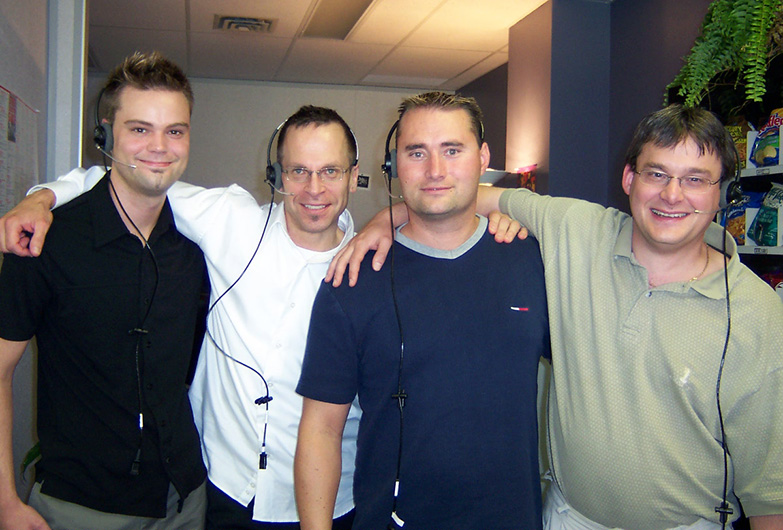
One of the first major impact moments Paul witnessed was a call from someone asking for the food bank number.
“The person who got the call said, ‘I can give you that number, but hang on, what do you really need?’ He spent some time talking with the caller and got this horrible story about a couple who had spent the weekend with no food in their house and were in pretty dire straits. The caller was told about a service that could come out and talk to them right now, and we made that happen. We were able to go back to the United Way and City of Calgary and say this is what the value of 211 is. It is not about phoning 211 to just get info, we are also going to examine the whole situation and de-escalate the crisis. This was key.”
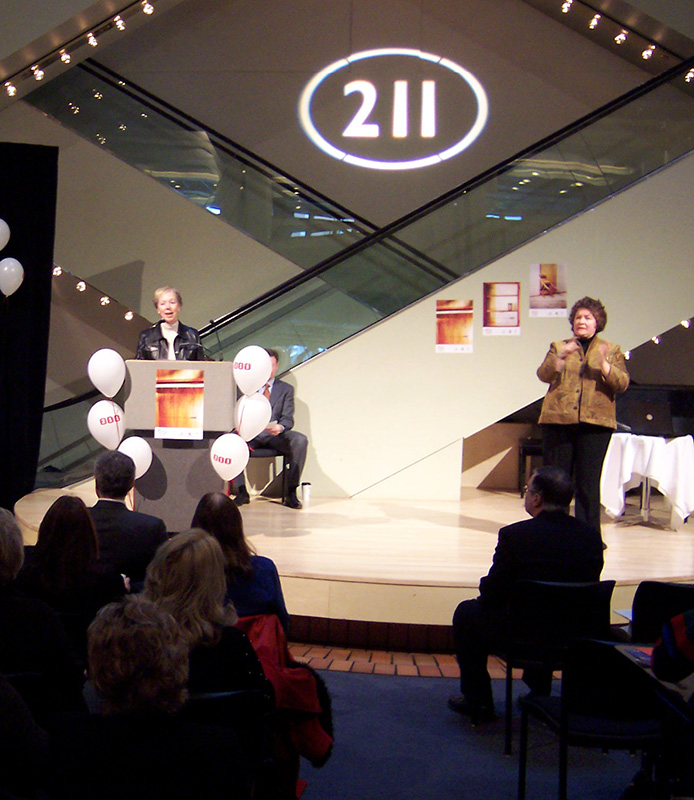
Though 211 began in Calgary, the vision was always to expand province-wide. Canadian Mental Health Association – Edmonton launched 211 Edmonton in 2006. By then, we provided 24/7 service and earned accreditation from AIRS (now Inform USA).
During the 2009 recession, we began leveraging social data to map community issues, develop programs, and target assistance where it was needed most.
Ruth Ramsden-Wood, President of United Way in 2010, noted in our 50 Stories series:
“211 isn’t just a referral service. It is an effective community planning tool, and the data collected enables us to predict demand for services and do what we can to work with the community to meet those demands.”
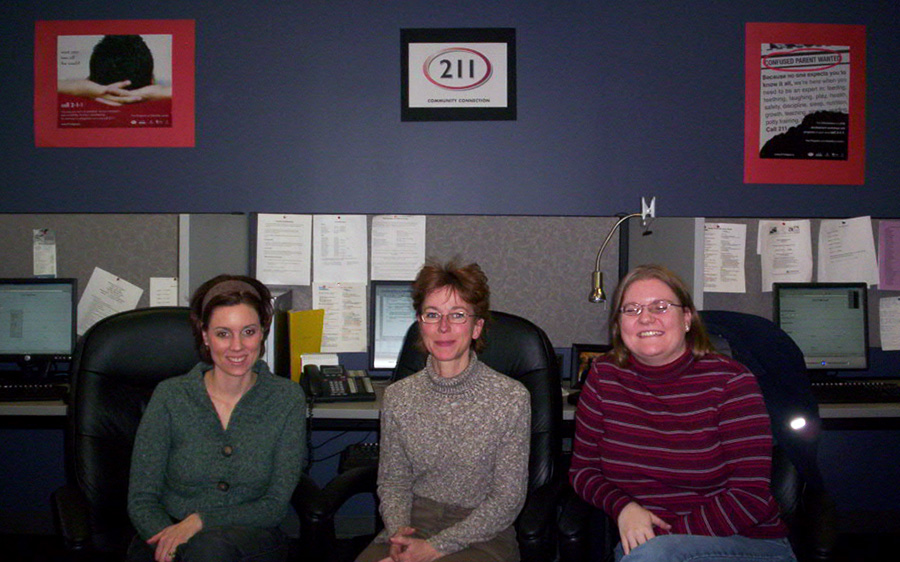
In 2011, 211 became data partners with InformAlberta, a provincial directory of community, health, social, and government services maintained by multiple partners, and is owned by Alberta Health Services.
In 2019, Distress Centre took over managing the database previously overseen by the City of Calgary Information Centre, forming the Community Resource Database team to keep information current.
211 Alberta continued expanding, ensuring rural populations were served. By 2020, 211 was available province-wide, with phone, chat, and text accessible 24/7.
211 and Disaster Response
211 has been critical during emergencies. 211 provided up-to-date information during the 2013 Alberta floods, the 2016 Fort McMurray/Wood Buffalo wildfires, and recently in 2024, when 211 Community Resource Specialists traveled to Jasper to support returning evacuees. In 2024, we also partnered with Rockyview County to ensure residents receive crucial information during and after emergencies.
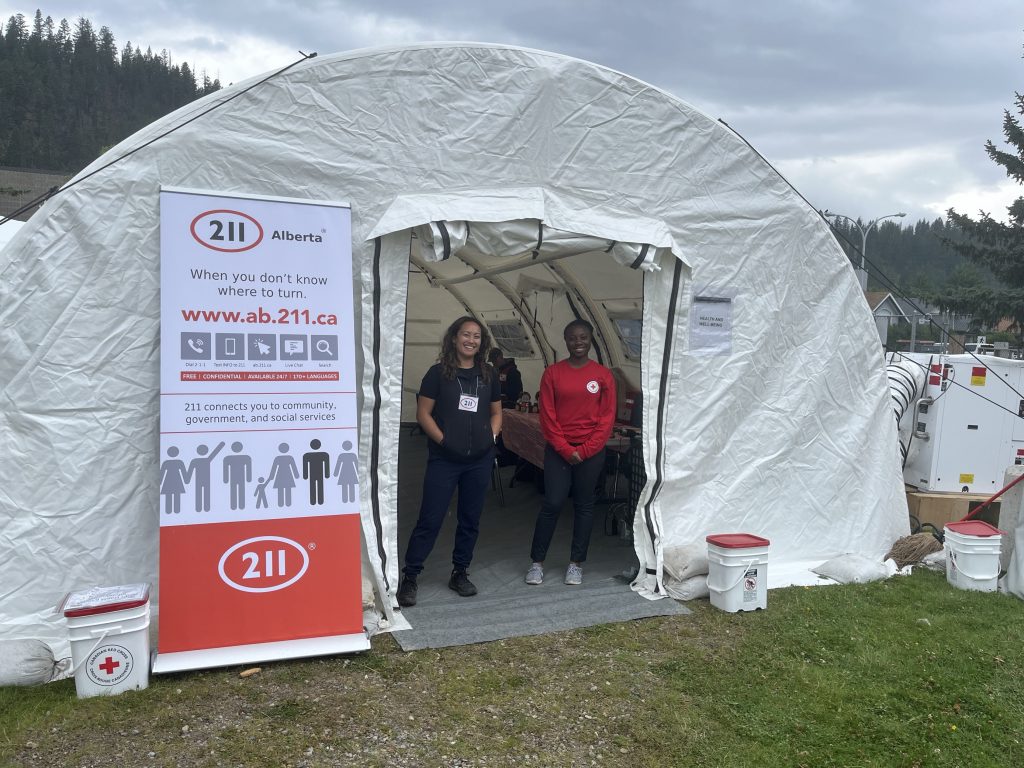
During the COVID-19 pandemic, 211 saw a surge in demand as Albertans sought information on restrictions, vaccine transportation, and mask access.
211’s importance becomes clear in times of crisis.
“It’s happened before with the wild fires and the floods, where 211 says ‘this is what we’re here for, this is where we thrive,’” said Chloé McBean, who previously managed our 211 program, in an article we shared about our COVID-19 response in 2021. “It really became evident how 211 is used because a lot of organizations had to shut and say ‘just call 211.’ 211 makes the community a better place, especially in times of disaster.”
211 Calgary Today
As we celebrate 20 years of 211 in Calgary, it is with tremendous pride at what we’ve been able to accomplish over two decades. Collaboration has been key to 211’s success, helping systems work more efficiently to serve the community.
In 2022, we launched the 911/211 Co-Location project, diverting non-emergency 911 calls to 211 for community-based support. In 2024 alone, we responded to over 8,400 contacts through this initiative.
We provide services in partnership with Canadian Mental Health Association – Edmonton and United Way of Alberta Capital Region to serve all of Alberta. This work wouldn’t be possible without our dedicated 211 staff, the 211 Community Resource Specialist, who live answer every call, chat, and text 24/7.
211 is here to be your trusted connection to help, anytime you need it. Let’s celebrate 20 years of making a difference in Calgary, and many more to come.
Learn more about 211. Stay updated on everything happening at DCC by signing up for our newsletter.
